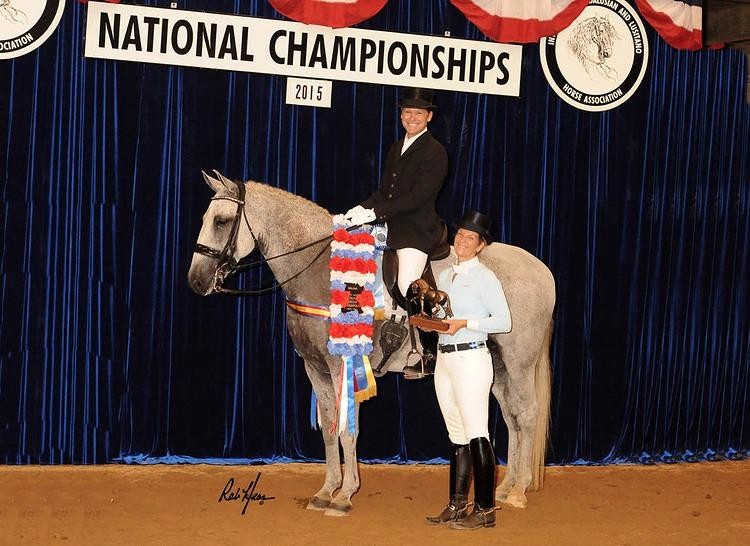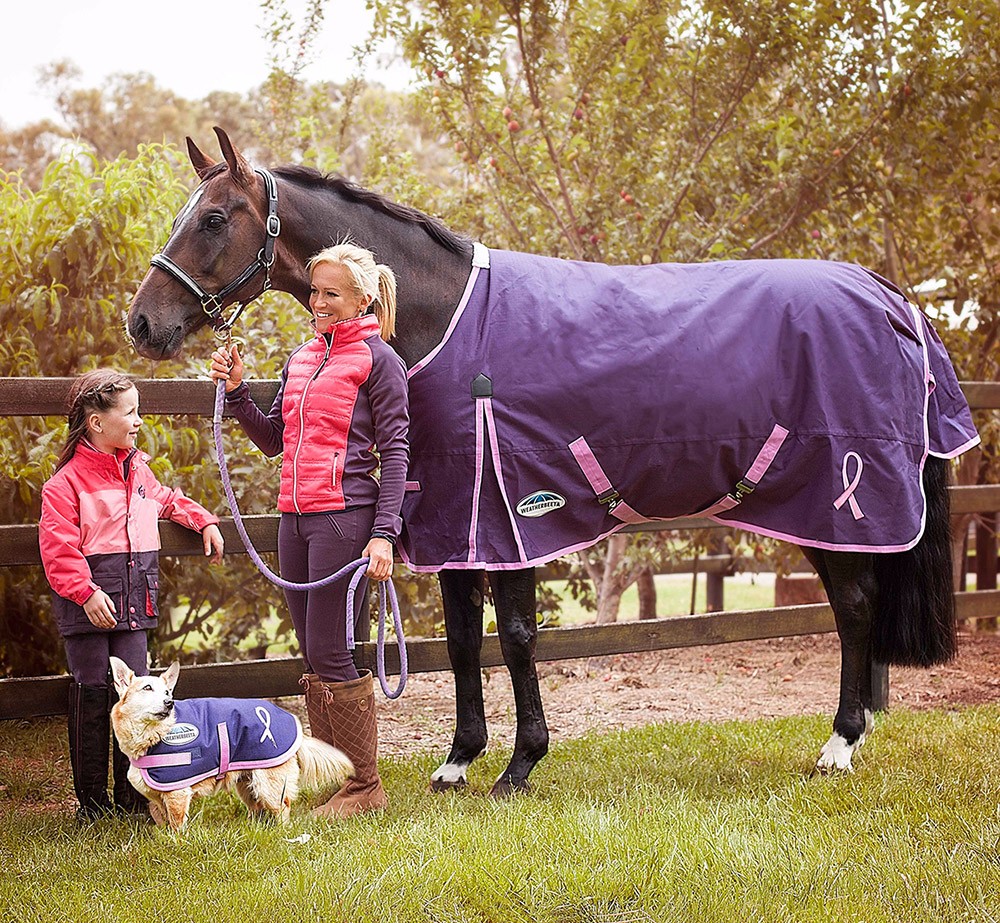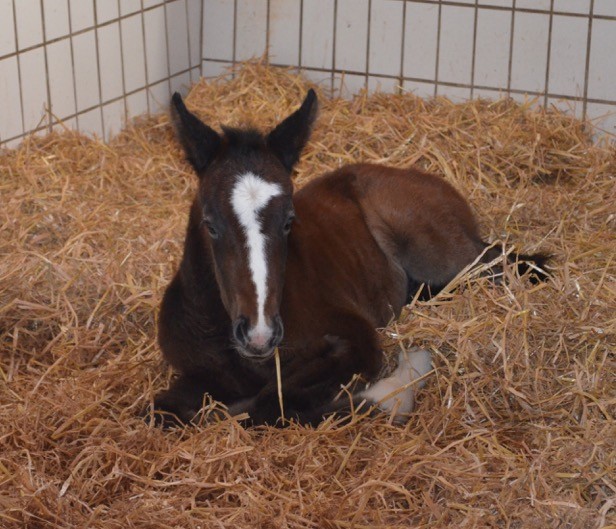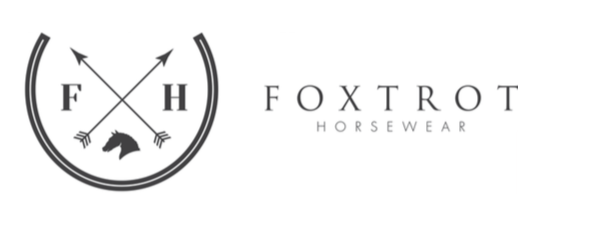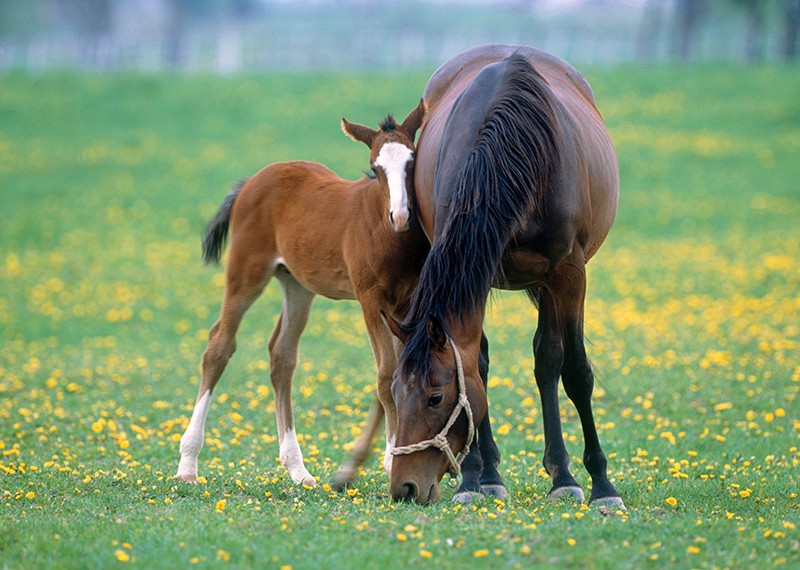
Colostrum
Why Colostrum: the Immune System in Foals
By. Dr Philippa L. Kohnke B.Sc. (Hons) Ph.D.

Most horse breeders know that when a foal is born, it is essential that it receives colostrum to provide instant protective immunity. However, do you know what colostrum contains that gives the foal this critical start in life?
Colostrum, or ‘first milk’ of all animals, contains supplies of energy, protein, fats, fluids and electrolytes to kick start the metabolism, as well as providing a mild laxative effect. This laxative effect assists foals in moving their meconium, which is the residue of the faeces and gut content in the bowels. Another important constituent of colostrum is a set of special proteins produced by the mare, called immunoglobulins. These immunoglobulin antibodies are produced by immune cells to recognise invading cells, bacteria or viruses, trigger a natural immune reaction and defend against infection.
At birth, a foal leaves the warm, sterile womb and into a hostile environment of infective microorganisms with no functional immune system. This is because maternal immunoglobulins are too large to pass through the five layers of cells separating the mare’s blood from the foal’s blood across the placental membranes. However in human babies, there is only a two cell thickness in the placental membranes, so maternal immunoglobulins are present in the baby at birth to provide some immune defence. Foals acquire the first critical immune protection by drinking the immunoglobulins in colostrum. A foal’s immature gut can absorb these large macromolecules, and there are three types of immunoglobulins in colostrum, each with specific functions.
Immunoglobulin type IgG protects the foal from bacterial organisms and other invasive bacteria that the foal may be exposed to in the surrounding environment. Immunoglobulin type IgM provides the foal with general health and recovery. Colostrum milk, which contains IgG and IgM, is only produced by the mare in the first three days after foaling, so it is critical that the foal receives colostrum while IgG and IgM are produced. However, the first 16 hours after birth is the most critical period because gut uptake of immune protein, such as the immunoglobulins, shuts down between 16 – 24 hours. So, IgG and IgM must be received by the foal in the form of colostrum within the first 16 hours after birth. However, the third immunoglobulin, IgA, is secreted for three weeks after foaling to assist the foal’s digestive system immunity by providing protective antibodies that resist attack from infective organisms taken in as the foal starts to eat pasture and food as well as sample objects by licking and nibbling.

It can occur that a foal does not receive colostrum. This can be due to several reasons, including the mare passing away from foaling complications or occasionally from toxic causes. The mare cannot be milked and the colostrum fed to the foal if she has died from some toxicity. Up to 23.4% of mares pre-lactate or ‘run their milk’ before foaling, and they may have been running colostrum before the foal is born. In these cases, you can test the foal blood for immunoglobulin levels to assess the foal’s health and immunity. This can be done even if the foal has received some colostrum, to evaluate if they need more immune and metabolic support. A blood test can be carried out by your veterinarian to evaluate if your foal requires more immunoglobulins. If the test results show that your foal has under 800 mg/dl of IgG, the foal may not have enough antibodies to last the 6-8 weeks before its own immune system develops and becomes responsive to invading microbes. If the test results show the foal needs more immunoglobulins, the foal can be given more colostrum orally (often by stomach tube if it is under 16 hours old), before the foal’s colostrum absorption sites close in the immature gut.
If your foal requires more immunoglobulins for immunity and health support but it is over 16 hours old, the foal will need to be intravenously given serum. This can be done by taking serum from a horse that has been on the property for at least three months and adapted to the environment’s particular microbial flora. Preferably the serum should be taken from a healthy mature gelding and not a mare, as a mare may have hormonal changes that could influence the foal’s metabolic function. You can test the foal again an hour after giving the serum to ensure the immunoglobulin levels are above 800 ml/dl of IgG. Contact your vet for more advice.

For more information by the author Email: info@kohnkesown.com
Web: www.kohnkesown.com Facebook: Facebook/johnkohnkeproducts

